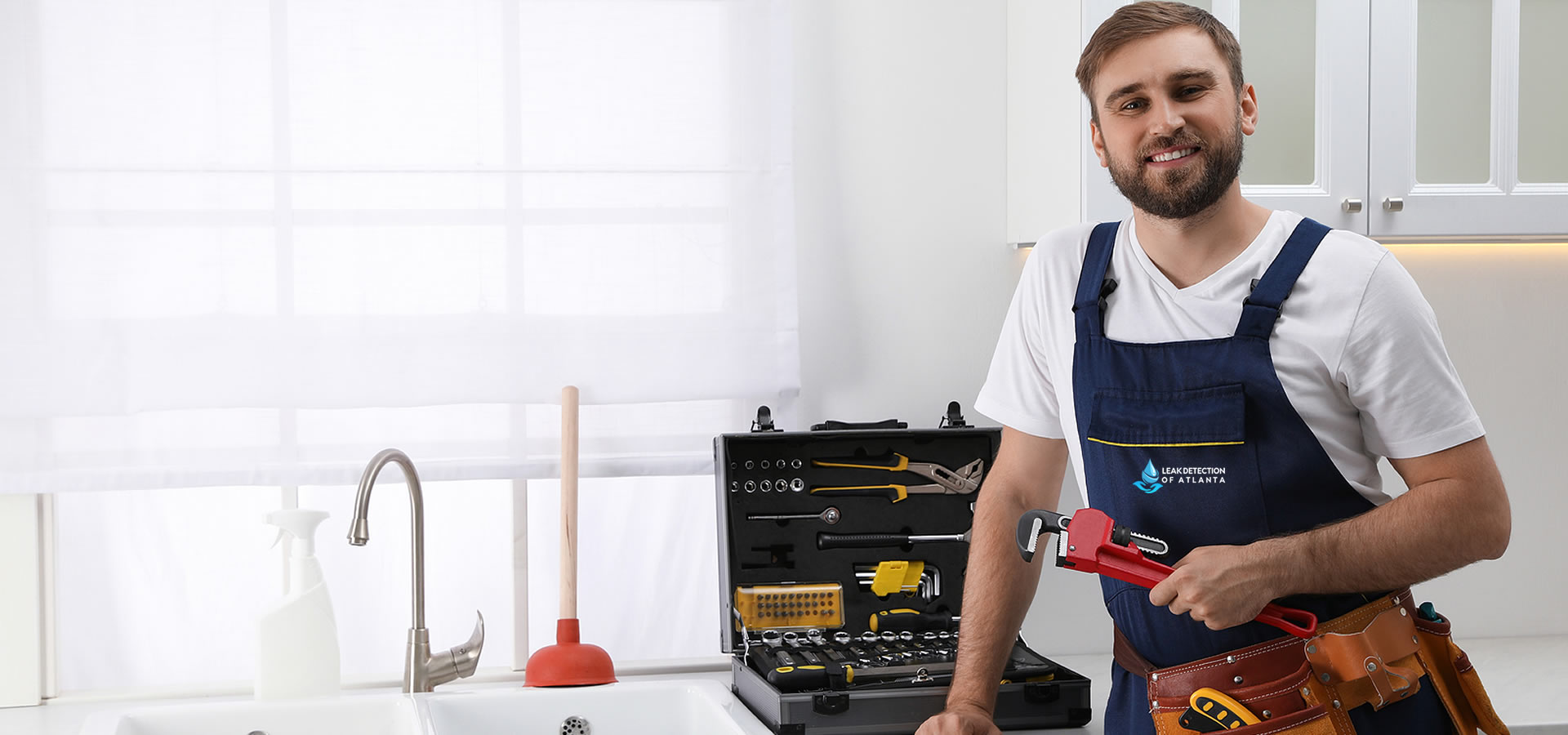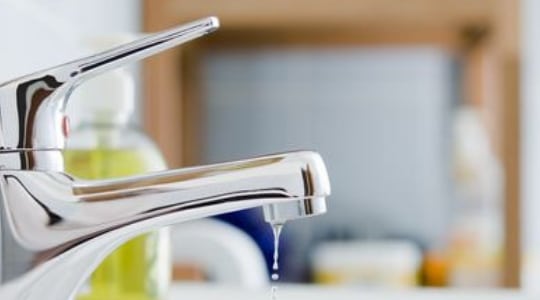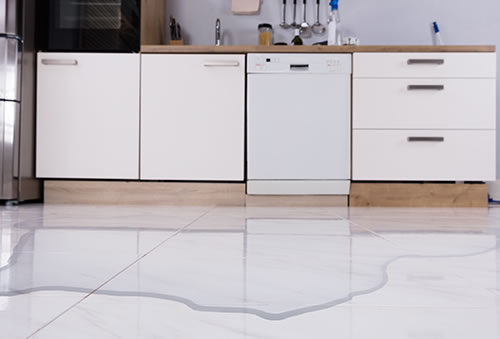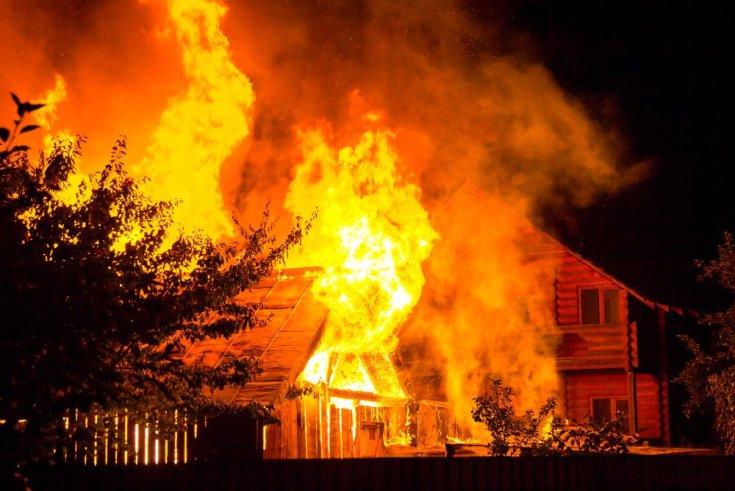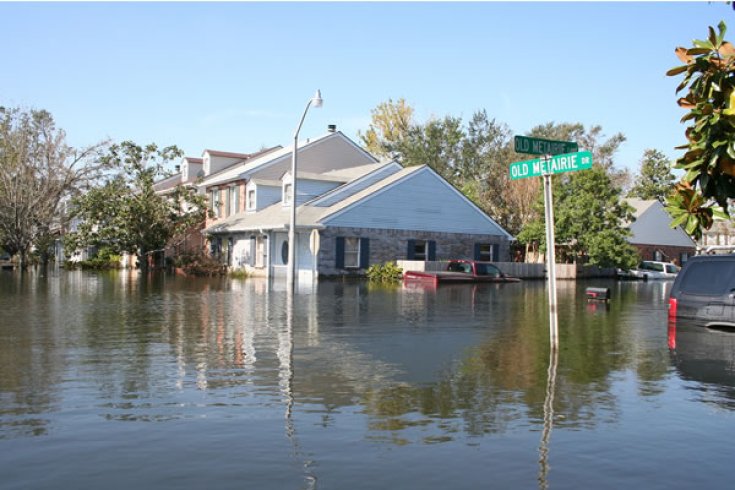Why Does My Water Smell?
A smelly water problem can be attributed to several things; a clogged line is one that often comes to mind. A gas or sewer leak could also be the culprit, but before you run around with a gas mask, you should go ahead and call an emergency plumber. The smell doesn’t necessarily mean that your tap water is unsafe to drink. It may just be an indication of contamination in your pipes. But if the water regularly smells bad and you notice another problem, it could be time to contact Leak Detection of Atlanta.
Does the Water Itself Smell Bad?
If you have a strong, foul odor coming from your water, that could signify a bigger problem. If you notice this bad odor from your faucets and sinks, it is time to call an emergency plumber. There could be a leak somewhere in the piping system or underground. This means you have no choice but to call a plumber service immediately. The longer you wait, the more damage will occur.
Does the Water Smell Bad From All the Sinks?
The smell can also come from all your sinks at once if there is a blockage in all of them. If this happens and no one has used them since then, then you should call an emergency plumber as soon as possible because there's likely a serious issue going on inside your plumbing system that needs to be addressed immediately before it gets worse. It may even cause sewage backup into your house or building if not taken care of immediately.
Does the Cold Water Smell Just As Bad As the Hot Water?
If your cold water smells bad but not your hot water, it could indicate something is wrong with your pipes or drain lines. This problem usually has nothing to do with keeping your kitchen sink or bathtub clean.
Gasoline or Turpentine Smell
This common problem occurs when gas vapors leak out of underground gas lines into the ground around your home. It can also occur if you have damaged plumbing under your kitchen sink or bathroom floor, allowing gasoline fumes to escape into the air inside your house when you use hot water.
Bleach or Chlorine Smell
If your water smells like chlorine or bleach, it could be from a sanitizing agent that was put into your water supply by a treatment plant upstream from where you live. Although this isn't harmful to humans, it's not pleasant for anyone who drinks it. If you notice this smell after taking a shower or drinking from the tap, run some cold water into your bathtub until you don't notice any chlorine odor. Then flush out the pipes by running hot and cold water through them for at least five minutes each time until the odor completely disappears.
Rotten Egg or Sewage Smell
A rotten egg smell is usually caused by hydrogen sulfide gas, which comes from bacteria in your water supply. This gas can create an unpleasant odor and make you sick if you drink enough. The smell may also be caused by an underground leak in your pipes or plumbing system. If you notice this type of odor, contact a trusted plumber immediately so they can repair the problem before it worsens and possibly costs you more money down the road.
Musty or Moldy Smell
If your water has an unpleasant musty or moldy smell, it could be caused by algae growing in the pipes or household appliances such as hot water heaters or washing machines. The buildup of minerals can also cause this type of smell in your home’s plumbing system, especially if you have hard water that contains chlorine and calcium deposits.
Is It Time For an Emergency Plumber?
If your water smells like sewage or something worse, there's a good chance that you have a plumbing emergency. Call an emergency plumber in Norcross immediately! They will be able to identify the problem and fix it quickly so that there is no further damage to your home or personal belongings.
Call a Professional Plumbing Service
If you get that weird smell, turn off the water and call Leak Detection of Atlanta immediately. No DIY for this one. Also, ensure your copper pipes are inspected at least once a year. This can usually be done during the summer or fall when you aren't using as much water. There might not be a leak now, but by springtime, if there is one, it will already have seeped into the walls, and flooring and structural damage could have occurred by then.

